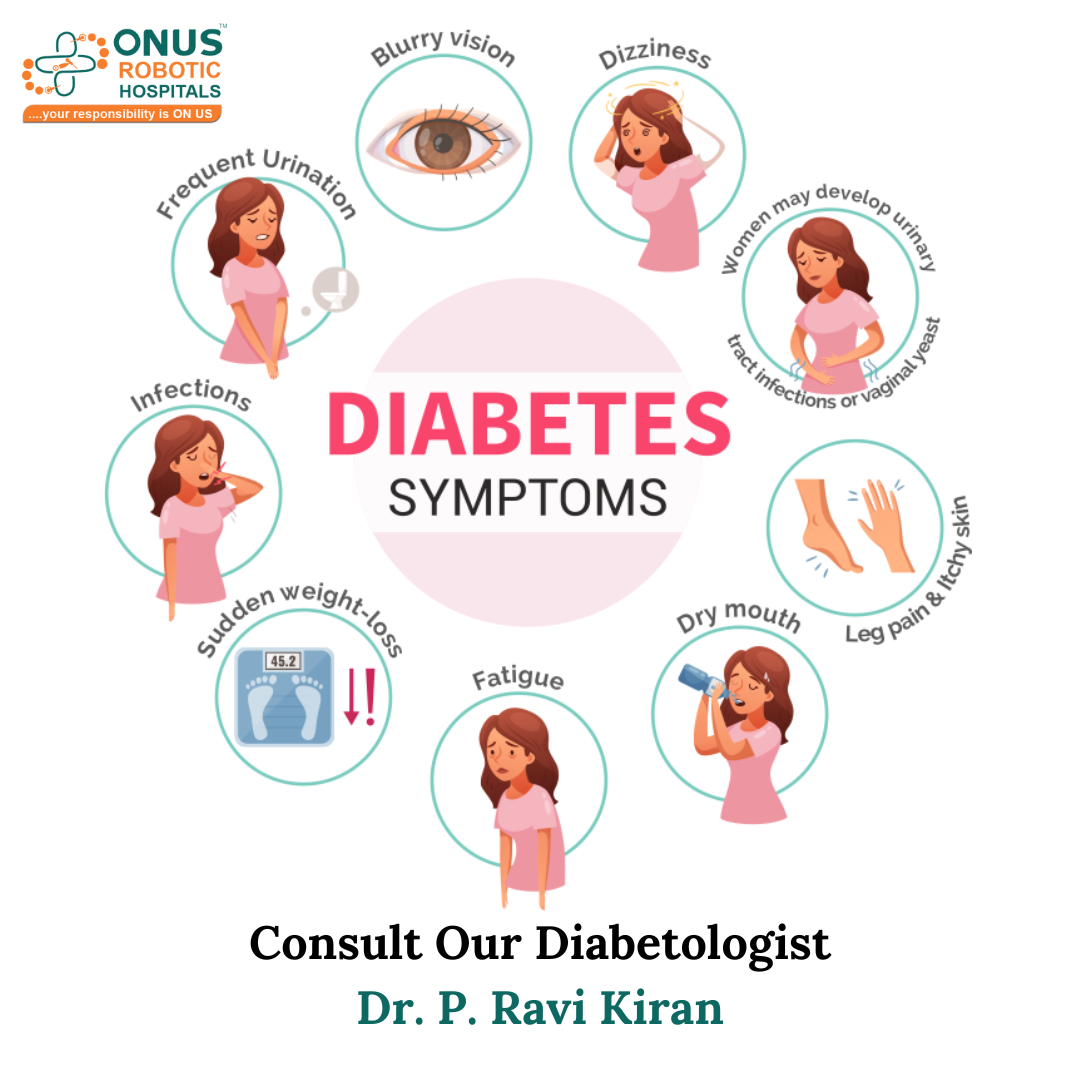Diagnose the Diabetes & Its Symptoms: Take Control of Your Health
Diabetes is a chronic condition affecting millions of people worldwide. It occurs when your body either doesn't produce enough insulin, or your cells resist the insulin it does produce. Insulin is a hormone that helps regulate blood sugar (glucose) levels, which is the main source of energy for your body's cells.
The Silent Threat:
The scary thing about diabetes is that it often develops without any noticeable symptoms, especially in the early stages. This is why regular checkups and awareness of potential signs are crucial. Early detection and proper management can significantly reduce the risk of serious complications like heart disease, stroke, blindness, and kidney failure.
Signs and Symptoms to Watch Out For:
Here are some key symptoms of diabetes to be aware of:
- Excessive thirst and urination: Your body tries to expel excess sugar through urination, leading to frequent bathroom trips and increased thirst to replenish fluids.
- Unexplained weight loss: Even though you might be eating more, your body struggles to use glucose for energy, leading to weight loss.
- Increased hunger: Your body may crave more food to compensate for the lack of energy it's getting from glucose.
- Blurred vision: High blood sugar can affect the lenses in your eyes, causing blurry vision.
- Fatigue and tiredness: Cells deprived of glucose can lead to constant tiredness and lack of energy.
- Slow-healing wounds: Diabetes can hinder blood flow and healing, making cuts and sores take longer to heal.
- Frequent infections: High blood sugar weakens the immune system, making you more susceptible to infections.
- Skin problems: Dry, itchy skin can be a sign of high blood sugar.
It's Important to Note:
Not everyone will experience all of these symptoms, and some may be mild. If you experience any of these signs, it's important to see your doctor for a proper diagnosis.
Diagnosing Diabetes:
Doctors typically diagnose diabetes with a blood test. The most common tests include:
- A1C test: This test measures your average blood sugar control over the past 2-3 months.
- Fasting blood sugar test: This test measures your blood sugar level after not eating anything for at least 8 hours.
- Random blood sugar test: This test can be done at any time, regardless of when you last ate.
Taking Control of Your Health:
If you are diagnosed with diabetes, don't despair! There are many things you can do to manage the condition and live a healthy life. Here are some key steps:
- Diet: Eating a healthy diet that focuses on whole foods, fruits, vegetables, and lean protein can help regulate your blood sugar levels.
- Exercise: Regular physical activity helps your body use insulin more effectively and lowers blood sugar levels.
- Medication: Your doctor may prescribe medication like insulin injections or oral medications to help control your blood sugar.
- Monitoring: Regularly monitoring your blood sugar levels will help you and your doctor track your progress and adjust your treatment plan as needed.
Remember: Early diagnosis and proper management are key to living a healthy and fulfilling life with diabetes. Be proactive, talk to our doctor, and take control of your health!
Book An Appointment! Don't hesitate to ask questions and express your concerns.
Read More Blogs.



